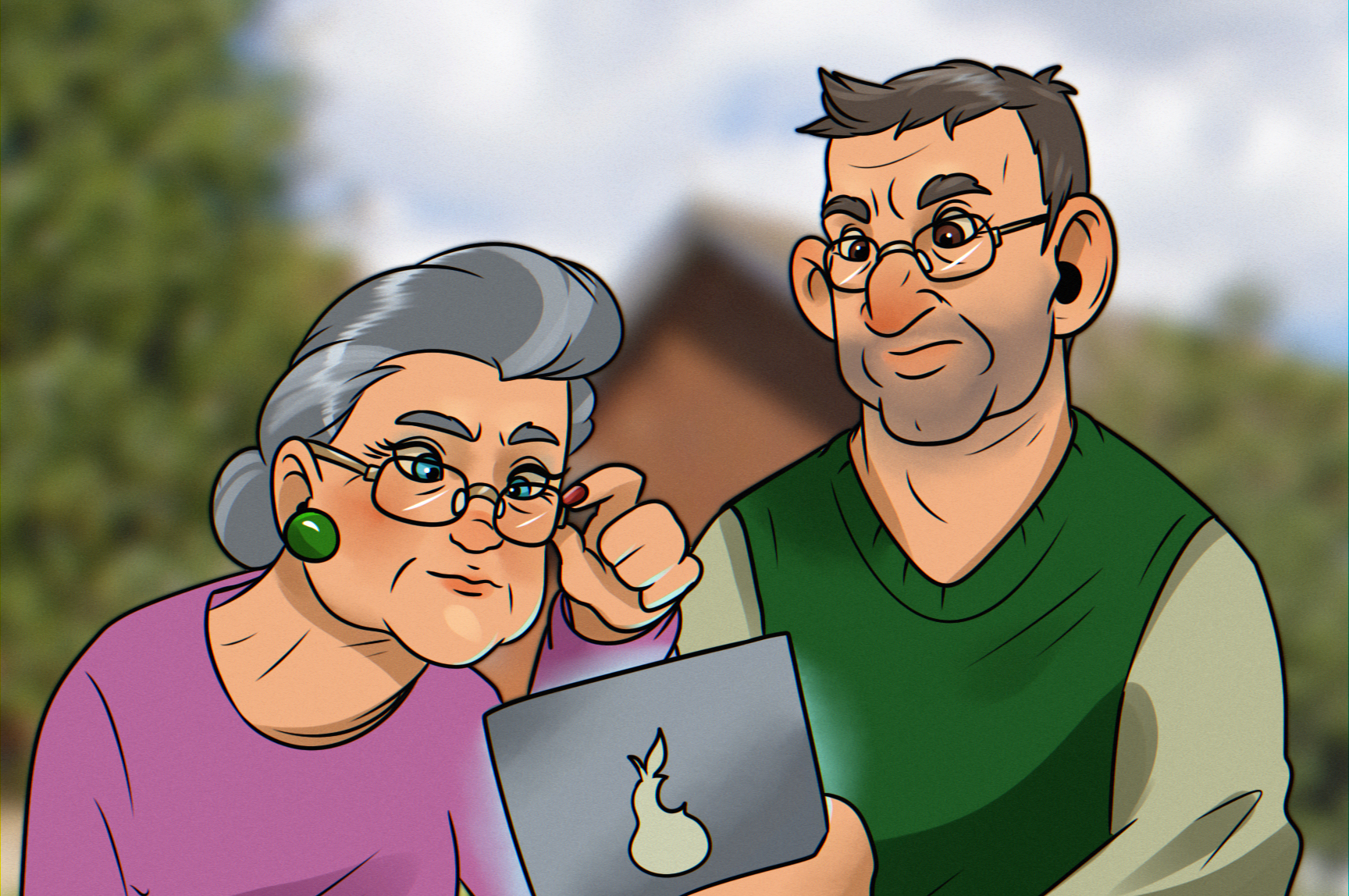Do grandparents have rights to their grandchildren?
Grandparents have the option to pursue court to have contact with their grandchildren if they meet the criteria. The Family Law Act of Alberta allows grandparents to file an application for access to their grandchildren in a handful of situations.
At section 35(1) of the Family Law Act, it states that the court may, on application by any person, including a guardian, make an order providing for contact between a child and a person who is not a guardian. A parent, guardian or someone standing in the place of a parent can make an application without asking for permission from the court but anyone else would require it. This is of course unless a grandparent is making an application that meets the criteria at section 31(3) which allows a grandparent to make an application if:
(a) the guardians are the parents of the child and
(i) the guardians are living separate and apart, or
(ii) one of the guardians has died, and,
(b) the grandparent’s contact with the child has been interrupted by
(i) the separation of the guardians, or
(ii) the death of the guardian.
Grandparents that have permission of the court, or grandparents that meet the criteria can file a court application but that is only one step of the process. If the child’s parents or guardians do not support the request, the grandparents must sell the idea to the court. The grandparents must be able to explain to the Honourable Court why they should be allowed to have contact with the grandchildren despite any protests from the parents or guardians that are acting as a gatekeeper to their grandchildren.
What information goes into a grandparent’s application?
Grandparents that are making an application for contact when the parents are still together and do not support the request for contact, will need to meet the criteria at section 31(4) of the Family Law Act which states that when determining whether to grant permission, the court will consider the best interests of the child including: (a) the significance of the relationship, if any, between the child and the person for whom contact with the child is proposed, and, (b) the necessity of making an order to facilitate contact between the child and the person for whom contact with the child is proposed.
Grandparents must satisfy the Honourable Court that the contact they propose between the grandparents and the grandchildren is in the best interest of the child. This includes the criteria at section 35(5) as follows:
(a) the child’s physical, psychological or emotional health may be jeopardized if contact between the child and the person for whom contact with the child is proposed is denied, and,
(b) the guardians’ denial of contact between the child and the person for whom contact with the child is proposed is unreasonable.
Anyone with questions regarding whether a specific situation meets the criteria for “grandparents rights” or how to prepare the court paperwork must receive that advice from a lawyer. Lawyers are the only legal professionals qualified to make an assessment based on the facts of the case since it falls into the realm of legal advice. Lawyers form an opinion, and the Honourable Court makes a decision based on what’s best for the child.
Can grandparents win a contested court application?
It is possible for grandparents to win a contested court application. The Honourable Court will only grant an order for a child based on what is in the best interest of the child.
- As an example, Judge B.R. Hougestol heard a claim made by a grandparent for guardianship and day-to-day care of the grandchildren in Bull v Bull, 2018 ABPC 190 (CanLII). The oldest child wanted to live with the grandparent, but the siblings did not. Judge Hougestol granted the grandparent guardianship, primary care and decision-making responsibilities for the oldest child and access to the siblings.
- In a separate less successful case, Judge R.J. O’Gorman heard an application for contact by grandparents that was opposed in BB v KH, 2020 ABPC 11 (CanLII). Judge O’Gorman denied the requested access and the grandparents had to pay enhanced costs to the parents.
- In a more recent case, the Honourable Justice D.R. Shynkar heard an application for contact by a maternal grandmother that was opposed by the child’s mother in CD v RD, 2024 ABCJ 21 (CanLII). The grandmother was permitted contact with the child with conditions.
Of course, those are just a few examples and each case is unique with its own strengths and weaknesses.
What should you take from this?
Edmonton Family Network recommends that grandparents speak with a lawyer if they want to pursue court for access to their grandchildren. It is extremely important to speak with a lawyer for advice if the parents are not willing to cooperate because these court applications can become complex. Lawyers are the only legal professionals that can give legal advice. The sooner legal advice is given, the better. If the costs of hiring a lawyer are prohibitive, options like independent paralegals and legal coaches can be a lifeline with navigating the court system and paperwork (they just cannot give legal advice as non-lawyers).





